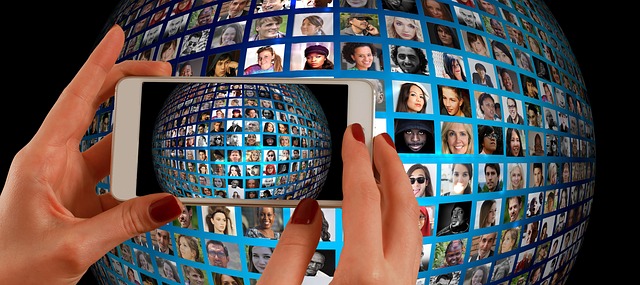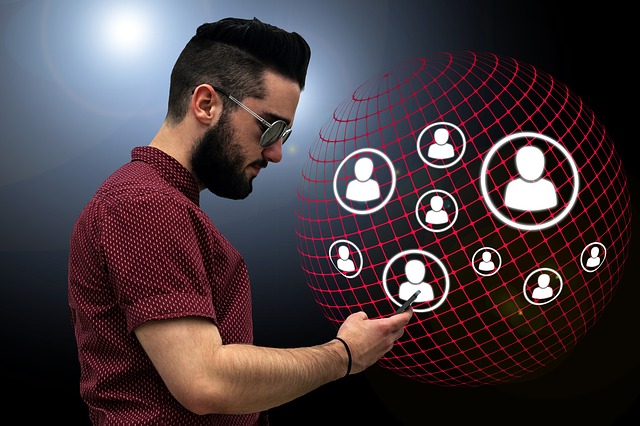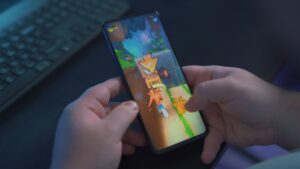In today’s technologically dependant culture we have shifted much of our means of communicating to digital formats. This has allowed people to share information almost instantly between one another and has made the world feel like a much smaller place.
Ever since the introduction of the telephone, people have speculated the negative affect technology might have on our relationships with one another. Many are afraid, perhaps rightly so, that human relationships are becoming less sincere and more impersonal as technology advances.
While it’s impossible to halt the march of technology, are there perhaps cultural paradigms that need to change with it? Should people be sharing intimate moments in the form of instant messages or brief videos on social media?
Despite the rise of instant messaging and video chat, people still seem to place value on real life interactions. Enjoying a movie, dinner dates or a walk on the beach are still activities that people find worthwhile.
One thing we have all noticed is how many of us are inadvertently using our phones at the dinner table or during a movie. The imagery of loved ones sitting at a dinner table, using their phones instead of talking to one another has become somewhat of a cultural meme.

While in the past people were accused of texting at the table, they are now being caught scrolling social media channels. They’re not active in a conversation; they’re simply browsing the happenings of other people, groups and organisations in an arbitrary fashion.
It could be speculated that those who use social media habitually seem to have a fear of missing out. They have an aversion to being left out of the constantly updating social loop.
The irony is that social media is predicated on human connections with one another. Connecting with other profiles, sharing current activities and discussing recent events are all routine activities on social platforms.
So why don’t these interactions feel genuine? Why is it that it feels as if people are broadcasting a partial and insincere window into their lives?
The permanency of digital information combined with the mechanics of commenting and rating posts is likely to blame. Nobody wants to risk sharing something to social media that they don’t believe will be met with praise or approval.
This is what makes social media a flawed substitute for genuine human relationships. We only see a heavily curated version of someone’s life and basing our interactions with them off of these digital platforms gives a wholly inaccurate view of who they are.
This ultimately leads to a lack of genuine trust and friendship between people. People who value their self-worth off their social media presence are building relationships that are largely meaningless outside of those platforms.
While social media is unlikely to fully replace genuine human interactions, it would be inaccurate to say that it hasn’t had its effect on them. Ultimately people will draw their own conclusions about the benefit or cost social media has to their social lives.






